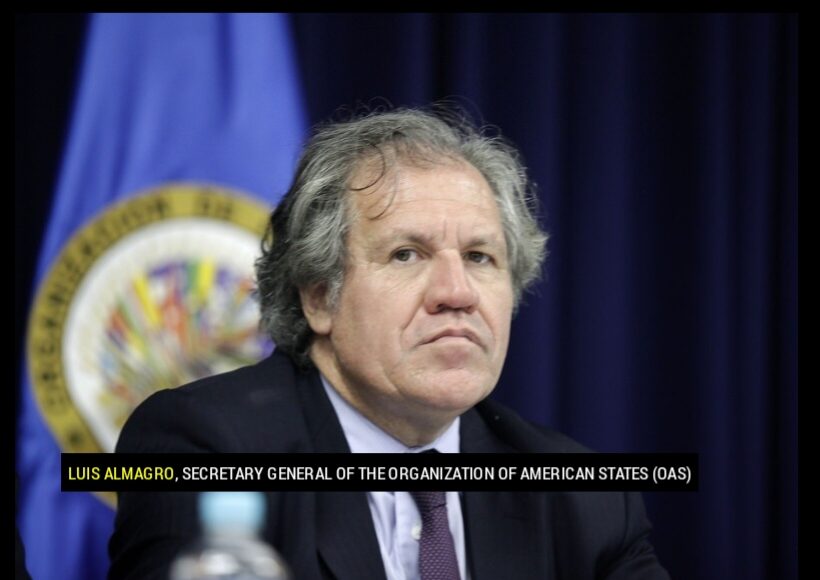Luis Almagro, Secretary General of the Organization of American States (OAS) released a statement in response to the recent decision by the International Court of Justice (ICJ) to grant provisional measures requested by Guyana against Venezuela’s scheduled December 3 referendum.
Almagro took to his X account (formerly Twitter) today to express the organization’s stance, stating, “We consider @cij_icj decision as fundamental in requesting Venezuela to refrain from all provocative, warmongering, and illegal actions that encroach on the established boundaries of Guyana’s territory.” Emphasizing that the Court’s decision is binding, Almagro stressed the importance of the Venezuelan regime respecting it.
Guyana initiated the application in October 2023, specifically targeting certain aspects of Venezuela’s scheduled December 3 Referendum, which sought public support for the annexation of the Essequibo region. The ICJ, in a unanimous ruling, urged Venezuela to abstain from such actions and underscored the need for both parties to avoid activities that could complicate the resolution of the longstanding Guyana/Venezuela controversy.
In the aftermath of the ICJ ruling, Guyana has garnered statements of support from its international and bilateral partners. Notable endorsements include those from CARICOM, the Commonwealth, and countries such as the Bahamas and Jamaica.
CARICOM issued a robust statement reinforcing the ICJ’s order, emphasizing that Venezuela cannot violate international law through a referendum. The organization expects Venezuela to uphold the ICJ’s order and comply with international law and the Charter of the United Nations.
Meanwhile, the Commonwealth Secretary-General, Rt Patricia Scotland KC, expressed deep concern about the planned Venezuelan referendum, noting that it challenges the ICJ’s jurisdiction and unequivocally condemning any action likely to breach peace in the region.
As the situation unfolds, international scrutiny remains on Venezuela’s adherence to the ICJ’s order and the broader implications for regional stability.













